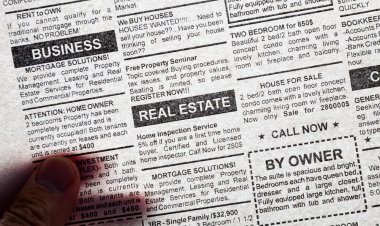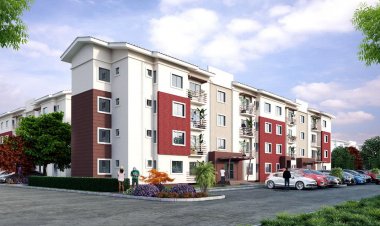Causes of Conflicts Between Landlord and Tenants
Maintaining a positive landlord-tenant relationship is crucial for a harmonious living arrangement.

The relationship between landlords and tenants can be quite difficult at times, especially when one party is adhering to the agreement. When things are going smoothly, both parties are able to benefit from each other.
When there are disputes, however, problems can escalate into legal conflicts very quickly. Whether you are a landlord or a tenant, being aware of things that commonly escalate serious disputes can help you make the right decisions to avoid such problems.
In this article, we are going to explore some of the causes of disputes between the landlord and the tenants and how they can be resolved.
1. Breaking the Lease
Most leases end at a specified date that was agreed upon in advance. There are times when a tenant needs to break the lease early. Rather than simply leaving, it is best to give the landlord as much advance notice as possible. While the landlord is within their legal rights to demand compensation for breaking the lease early, it is often best to be reasonable and compromise to ensure the landlord-tenant relationship ends on a positive note. This can also help to avoid legal fees, which benefit everyone.
2. Missed Payments or Late Payment of Rent
This is the most common cause of arguments and disputes among tenants and landlords. The tenant could withhold rent or fail to pay rent due to their own reasons which they do not explain it to the landlord hence causing problems.
There are many reasons that a tenant may miss a payment, and when it happens, clear communication from both parties is essential.
If you are a tenant and you know you are likely to miss an upcoming payment, it is best to notify your landlord as soon as possible so you can attempt to work out an arraignment in advance.
If you are a landlord, the consequences of late or missed payments should be clearly laid out in your renter’s agreement so there are no misunderstandings.
3. Issues with Property Repairs
When any property is damaged due to normal circumstances. The landlord should be in a position to fix it once the damage is reported. On the other side, the tenant should have a reasonable expectation for how quickly something is fixed; the landlord cannot push off the repairs just to avoid the responsibility.
Clear communication is key among the parties because such a dispute can go a long way. For example, if the landlord is aware of the linking roof or sealing, the tenant should be informed when the repair will be done, whether it’s in a week or days.
4. Unclear or Misunderstood Obligations
A good contract is critical for avoiding conflict between landlords and tenants. Having all of the rights and responsibilities of each party clearly listed will help to dramatically cut down on the risk of conflict. This should include information about when payments are due, late penalties, what will happen if payment is not received, and any other details about payments. It should also include things like how the tenant is supposed to report a problem, the landlord’s responsibility for fixing issues, and more.
5. Dispute Over Security
A security deposit is another thing that causes disputes between a landlord and a tenant. When a lease comes to an end and the tenant moves out, their security deposit should be returned.
Landlords, on the other, want to make sure that they are not losing money on the repairs, cleaning, and other things that need to be done in preparation for the next tenant.
When tenants are ready to leave the property, both parties should walk through and take pictures of the condition of the home or apartment. Any unreasonable damages should be noted and agreed upon. This will help to avoid any surprises when it comes to the security deposit. It may even be possible to compromise on what needs to be done so everyone can avoid unnecessary legal fees.
6. Keeping Pets
Landlords should make it clear to tenants if pets are allowed or not to cut off unnecessary arguments. However, disputes may arise if the tenant disregards this condition or obtains a pet through different circumstances, such as a new requirement for an assistance dog. This can be solved through negotiations or by revising the agreement to remove compromise.
In conclusion, maintaining a positive landlord-tenant relationship is crucial for a harmonious living arrangement. Common causes of conflicts, such as breaking leases, missed payments, property repairs, unclear obligations, security deposit disputes, and pet-related issues, can be prevented through clear communication, understanding, and compromise. Both parties benefit when they work together to address concerns; this will lead to a cooperative environment. By adhering to well-defined agreements, respecting each other's responsibilities, and resolving issues promptly, landlords and tenants can avoid unnecessary legal conflicts, ensuring a more amicable and mutually beneficial relationship.
If you have a real estate press release or any other information that you would like featured on the African Real Estate Blog Post do reach out to us via email at [email protected]

































![7 Famous Architectures in Africa [PHOTOS]](https://realestateblogpost.com/uploads/images/2023/05/image_380x226_646c9c2bd8642.jpg)